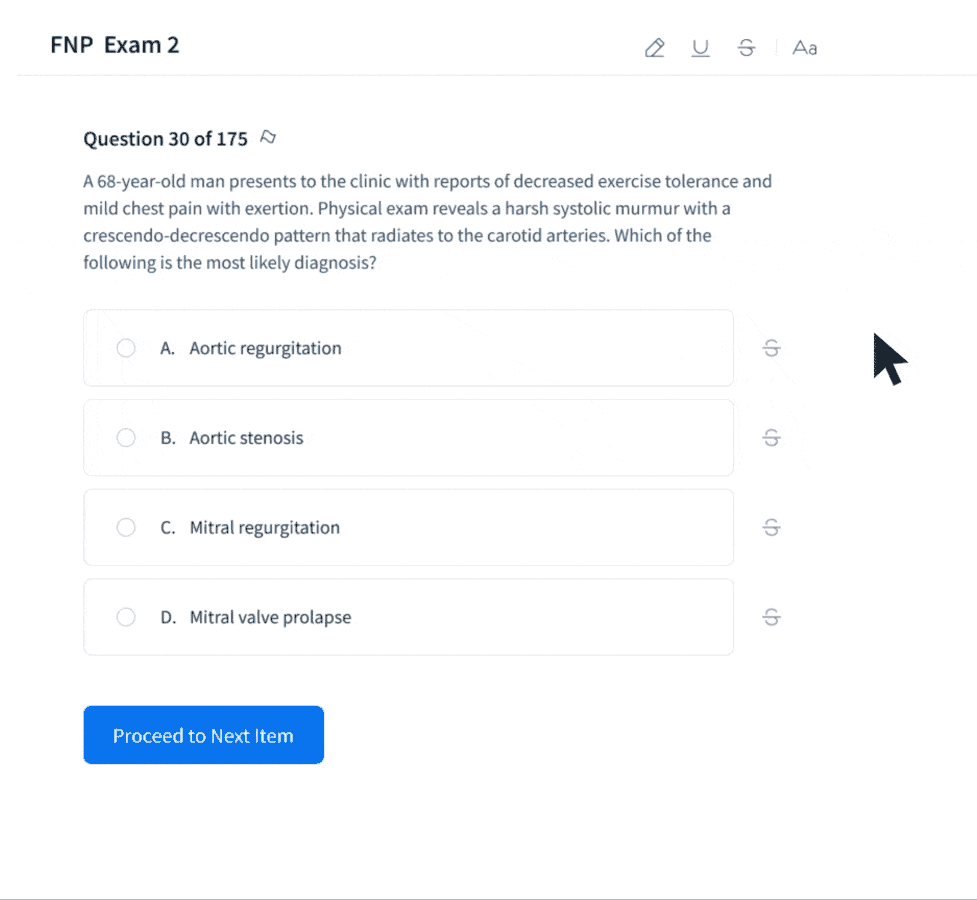Essential AANP Certification Requirements: A Guide for Aspiring Nurse Practitioners
Obtaining certification through the American Association of Nurse Practitioners (AANP) is a major milestone for nurse practitioners looking to establish their clinical expertise and meet state licensure requirements. The AANP exam tests a wide range of clinical skills, critical knowledge, and competencies essential for advanced practice nursing. Here’s a guide to the AANP certification requirements, eligibility criteria, and tips to help you successfully navigate the certification process.
Why AANP Certification?
AANP certification demonstrates that a nurse practitioner has met established national standards for clinical competency in their specialty area. This certification is respected by healthcare employers and provides a competitive edge, showing a commitment to high-quality patient care. Nurse practitioners who pass the AANP certification exam are granted the credential of NP-C (Nurse Practitioner-Certified), which is a valuable qualification for job applications, career advancement, and state licensing.
AANP Certification Eligibility Requirements
Before you can sit for the AANP certification exam, you must meet several eligibility criteria:
- Educational Requirements: You must have graduated from an accredited nurse practitioner (NP) program. The program should grant a master’s, post-graduate certificate, or doctoral degree (DNP) and include a minimum of 500 supervised clinical hours. Coursework in advanced pathophysiology, pharmacology, and health assessment is required, along with content focused on your chosen patient population.
- Specialization in a Patient Population Focus: AANP certification exams are available in specific population-focused areas, including:
- Family Nurse Practitioner (FNP)
- Adult-Gerontology Primary Care Nurse Practitioner (AGPCNP)
- Current RN License: You must hold a valid, unencumbered registered nurse (RN) license. This shows that you are legally allowed to practice as a nurse in your state and are in good standing with your licensing board.
- Verification of Program Completion: You’ll need official transcripts showing the completion of your NP program. Your transcripts must verify your degree, graduation date, and clinical hours to confirm eligibility.
The AANP Certification Exam
Once eligibility requirements are met, you can apply to take the AANP certification exam. Here’s what you need to know about the exam process:
- Application Process: Submit your application through the AANPCB (American Academy of Nurse Practitioners Certification Board) website. Be prepared to provide your RN license information, official transcripts, and program verification forms. You’ll also need to pay an application fee, which may vary based on AANP membership status.
- Exam Format: The AANP certification exam is a computer-based test that includes 150 multiple-choice questions. Of these, 135 are scored, and 15 are pretest questions that are not scored. Questions are primarily based on clinical scenarios, testing your ability to apply knowledge in practice.
- Content Breakdown: The AANP exam covers three main domains:
- Assessment: Evaluating patient history, symptoms, and clinical presentation.
- Diagnosis: Making accurate diagnoses based on clinical data.
- Plan: Developing and implementing appropriate treatment plans, including pharmacologic and non-pharmacologic interventions.
- Passing Score: The AANP exam uses a scaled scoring system, and candidates need a score of at least 500 (on a scale of 200 to 800) to pass.
Preparing for the AANP Exam
Preparation is key to passing the AANP certification exam on the first attempt. Here are a few strategies for success:
- Utilize the AANP Exam Blueprint: The AANP blueprint outlines the key topics covered in each domain, including specific clinical conditions and practice areas. Use this as a guide to structure your study sessions.
- Focus on High-Yield Topics: Some topics, such as cardiovascular, respiratory, endocrine, and mental health, are heavily represented on the exam. Prioritize these areas, especially for patient populations related to family and adult-gerontology primary care.
- Invest in Practice Exams: Practice exams allow you to get familiar with the question format, simulate test conditions, and identify areas for improvement. Look for practice tests aligned with the AANP blueprint to maximize their relevance.
- Take Advantage of Review Courses: AANP-certified review courses offer comprehensive reviews of exam content and key topics, often accompanied by practice questions and study guides.
- Stay Consistent with Your Study Schedule: Spread out your study sessions over several months rather than cramming. This approach helps with long-term retention of information and reduces test-day stress.
Applying for Your Certification
When you’re ready to apply, gather all required documents and visit the AANPCB website to start the application. Double-check that your transcripts, RN license, and verification forms are in order, and ensure that your clinical hours and coursework align with AANP requirements.
Once you submit your application and it’s approved, you’ll receive instructions on scheduling your exam at a designated testing center or through remote proctoring options if available.
After Passing the Exam: Maintaining Your Certification
Congratulations! Once you pass the AANP exam, you’re officially certified as an NP-C. But certification is not the end of the journey—recertification is required every 5 years to maintain your NP-C credential. Recertification can be done by completing continuing education (CE) hours and clinical practice hours or by retaking the certification exam.
Final Thoughts
Earning AANP certification is a significant step for nurse practitioners entering the field. By meeting the educational, clinical, and licensing requirements, and thoroughly preparing for the exam, you can achieve certification and begin a rewarding career. Remember to start early, stay organized, and approach the exam with confidence. Good luck on your journey to becoming an AANP-certified nurse practitioner!

